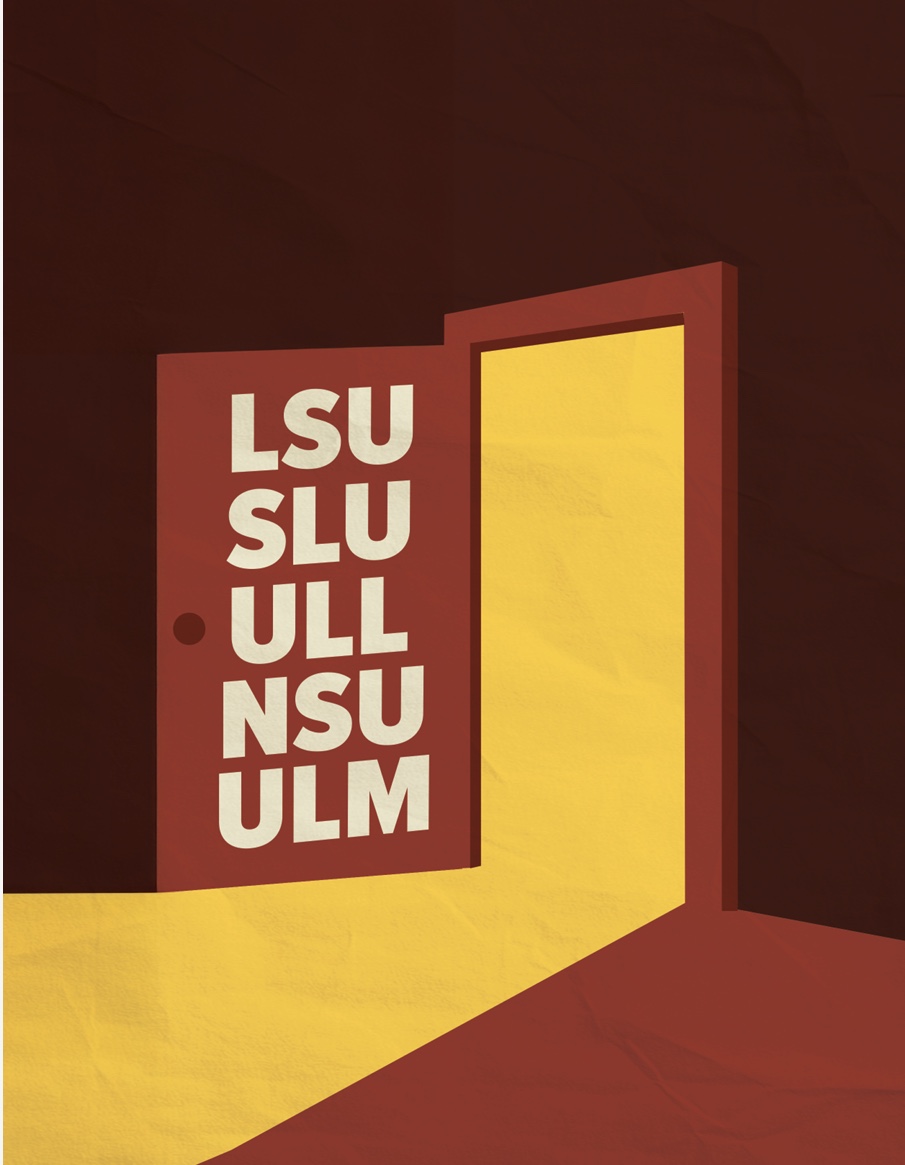On the night of May 1, 2011, more than 56.5 million Americans turned their attention to the television as President Barack Obama announced the death of Osama bin Laden. That day, the decade-long quest for bin Laden ended in a U.S. raid on a compound in Abbottabad, Pakistan that culminated in the death of the United States’ most wanted terrorist.
For most of us studying at Loyola, the search for bin Laden has defined our adult lives. We have, in essence, known no United States that is not devoting resources to his capture. We have known no home that is not kept awake at night by the threat of his existence. We have known no peace of mind free from his menace. We are, in large part, an age group marked by our country’s campaign against bin Laden. As the Vietnam War characterized our parents’ generation, so the War on Terror and the pursuit of bin Laden defines ours.
The death of bin Laden marks the end of an era, perhaps the only era we really know. Do not think, however, that it ends the era of terror. Bin Laden’s demise is certainly a definitive moment for the United States and, in particular, for those of us who have lived so long under his shadow. However, the moment has not ended our country’s fight against terrorism, let alone fashioned a new world. Terrorism will continue long into the future, as will the War on Terror in which our nation is currently engrossed. Bin Laden’s death may be the start of a lengthy end to the problem; alternatively, it may make no dent.
In light of this reality, we should take this incident as an opportunity to better educate ourselves, both on the state of terrorist organizations worldwide and on U.S. policies regarding terrorism. The death of bin Laden has already made many of us reconsider long-held beliefs and views, but this learning process should continue past the news flash.
The recent events ought also to raise some concerns within each of us. No matter how you reacted to the news of bin Laden’s death or where you stand politically, there are vital questions to consider. The order handed to our troops was to kill or capture bin Laden, who was unarmed at the time of the raid; as such, we must ask ourselves whether violence can ever fight violence. Furthermore, we are a nation bound by our devotion to justice; as such, we must ask ourselves whether the justice served on May 1 could have been better served in a court of law.
There are no correct answers to these and countless other queries raised by this week’s happenings. Rather, these are questions for which each individual should generate their own perspective as they seek to learn more. We may have lived thus far without knowing the nuances of this era, but, as the generation shaped by the War on Terror, it is our responsibility to continue learning and to ensure the discourse persists.







